What Are Embolization Coils?
Embolization Coils are medical devices primarily used to occlude blood vessels to treat various conditions, especially in interventional radiology. They are typically made from biocompatible materials, such as stainless steel or platinum, and effectively promote blood clotting and vessel closure. Embolization coils are widely used in clinical settings, particularly in tumor treatment, aneurysm repair, and trauma management.
Characteristics of Embolization Coils
1. Material and Biocompatibility
Embolization coils are usually made from biocompatible materials like stainless steel or platinum. These materials are characterized by their corrosion resistance, high strength, and good compatibility with human tissue. Studies have shown that platinum coils have superior biocompatibility, making them more popular in clinical applications.
2. Expandability and Design
Embolization coils are designed to expand upon deployment, filling the target vessel. Depending on the manufacturer, the diameter of the coils typically ranges from 0.018 inches to 0.035 inches (approximately 0.46 mm to 0.89 mm), and the length can reach 30 cm or more. This expandability allows the coils to effectively occupy the vessel, ensuring successful occlusion.
3. Controllability and Precision
Embolization coils are delivered precisely to the target location through a catheter, and their deployment is usually guided by imaging techniques. According to literature, the success rate of interventional procedures can be as high as 90%, especially in aneurysm treatment and tumor embolization, highlighting the importance of precise coil placement.
4. Applicability
Embolization coils can be applied in various clinical scenarios, including but not limited to tumor embolization, aneurysm treatment, and trauma management. Clinical guidelines indicate that embolization treatments have become standard procedures in many emergency and oncological situations.
Applications of Embolization Coils
1. Tumor Treatment
Embolization coils are widely used in the treatment of tumors, particularly liver and kidney cancers. By blocking blood flow to the tumor, embolization coils can effectively reduce tumor size and slow its growth. Research indicates that patients with liver tumors who undergo embolization treatment experience a survival rate increase of approximately 30%.
2. Aneurysm Repair
An aneurysm is a localized dilation of a blood vessel wall, which is prone to rupture. Embolization coils can effectively fill the aneurysm to prevent rupture, significantly reducing associated risks. Data shows that the success rate of using embolization coils for aneurysm treatment can reach 95%, and they demonstrate good long-term outcomes in patient survival.
3. Trauma Management
In emergency situations, embolization coils can be used to control bleeding, particularly in cases of internal bleeding due to trauma. Rapid deployment of embolization coils can effectively stop bleeding in a short time, potentially saving the patient's life.
Maintenance and Care of Embolization Coils
Although embolization coils are typically single-use devices, some best practices should be followed during use to ensure their effectiveness and safety:
1. Proper Training
Medical personnel must receive adequate training to ensure proficiency in using embolization coils. Understanding the nuances of coil deployment is critical for achieving successful treatment outcomes.
2. Regular Monitoring
Patients require regular follow-up after embolization treatment to monitor the effectiveness of the procedure and detect any potential complications. Clinical guidelines recommend imaging checks at 1, 3, and 6 months post-procedure.
3. Imaging Guidance
During embolization treatment, imaging techniques (such as CT or MRI) are often required for real-time monitoring. This helps ensure the precise placement of coils at the target site and reduces the risk of complications.
MRI Safety of Embolization Coils
Regarding the MRI safety of embolization coils, multiple studies have shown that most modern coils are safe for MRI scanning. According to FDA regulations, many embolization coils do not produce significant metal artifacts or temperature increases during MRI scans. However, specific safety depends on the materials and design of the coils.
1. Material Impact
Most stainless steel and platinum embolization coils show good compatibility during MRI scans. Studies indicate that these materials do not produce significant artifacts and do not pose additional risks to patients when scanned.
2. Equipment Compatibility
When performing MRI scans, it is advisable to use high-field (typically 1.5T or higher) MRI equipment to ensure optimal imaging quality and safety. For certain coils, manufacturers may provide specific MRI safety guidelines to ensure the safety of both healthcare personnel and patients.
Conclusion
Embolization coils play a critical role in modern medicine, particularly in tumor treatment, aneurysm repair, and trauma management. Their unique design and materials allow them to effectively occlude blood vessels and provide precise treatment. Additionally, under appropriate conditions, embolization coils are safe during MRI scans.
By understanding the characteristics, applications, and maintenance methods of embolization coils, healthcare professionals can better utilize these devices to ensure optimal treatment outcomes for patients. As medical technology continues to advance, the potential applications of embolization coils will expand, providing effective treatment options for more patients.






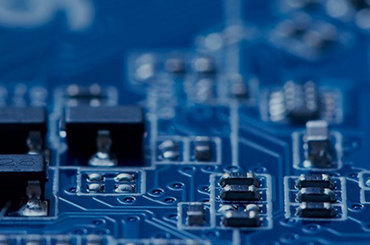
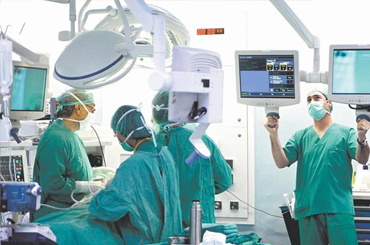

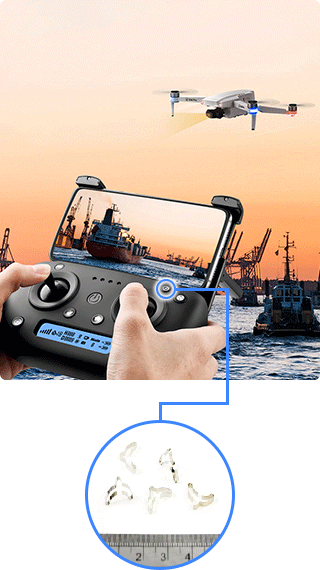
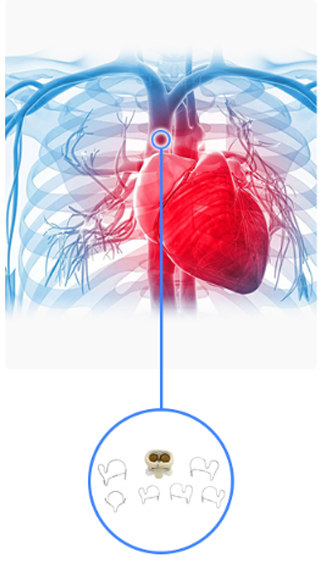
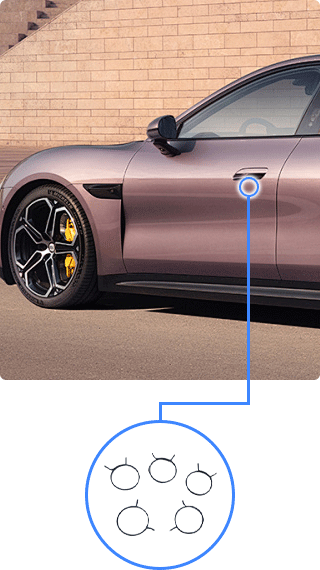
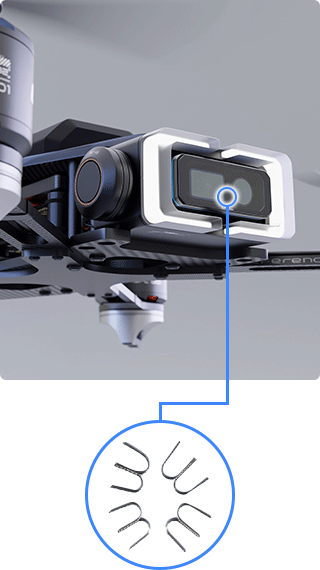
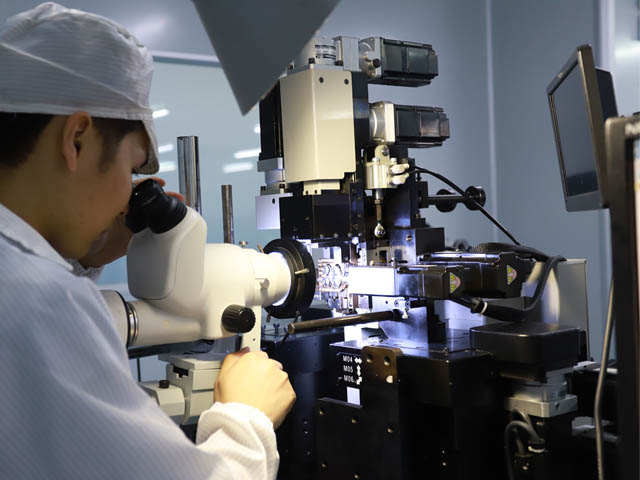

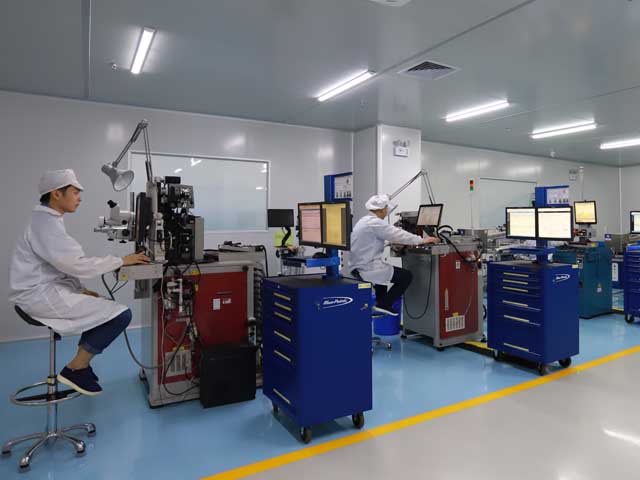






 English
English
